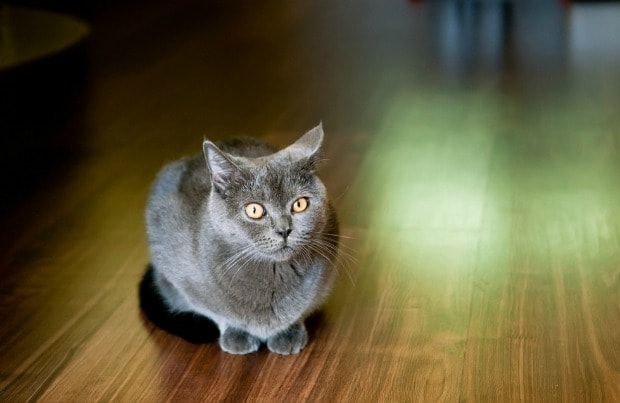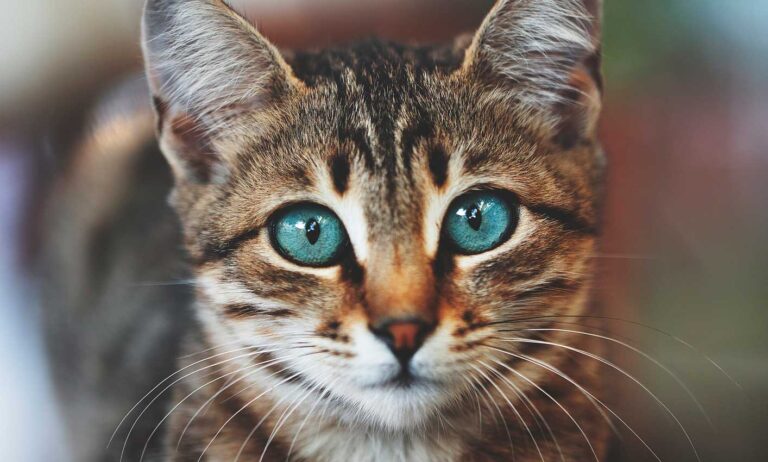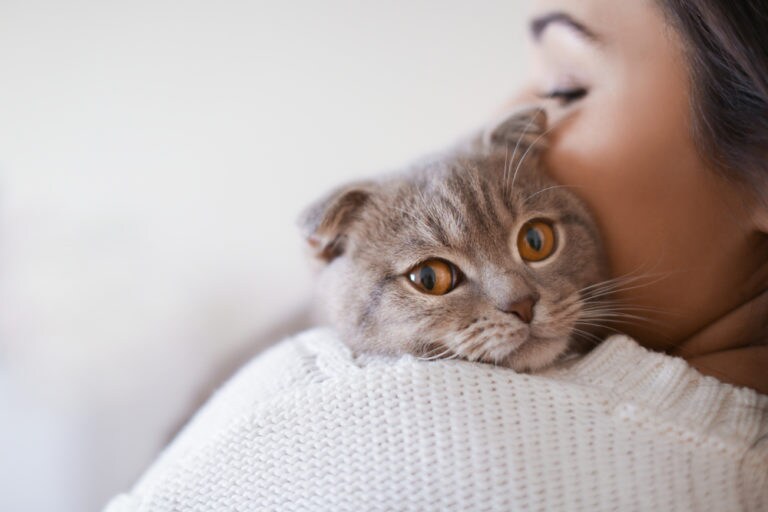It’s a funny question that stumps most vets: do cats make that indelicate, publicly rude sound when they pass gas? It’s obvious that cats do suffer the occasional effects of flatulence—the air around them tells the tale with the unmistakable odor that escapes their hind end. But whether our feline friends actually do noisily fart is up for debate.
A casual survey of more than a dozen general practice vets, and their assistants, yielded variations of the same puzzled answer: “That’s a good question! I’ve never been asked that.” “I’ve never heard it happen.” “I’ll have to find out.”
Dr. Mickila Collins (DVM, Diplomate American College of Veterinary Internal Medicine) of the Animal Specialty Group in Southern California, specializes in gastroenterology, endocrinology and respiratory disorders, giving her a true expert’s eye on the inner workings of cats and dogs. When asked about farting in cats, she chuckled and replied, “If a tree falls in a forest and no one is around to hear it, does it make a sound? I can’t say I have ever heard a cat fart but that doesn’t mean they don’t. I certainly think cats could!”
Dr. Collins explained that cats could possibly fart because “they do have a gastrointestinal tract and an anus. I have seen a number of cats with excess gas in the GI tract which we have visualized via abdominal radiographs.” The excess gas in those cats, she said, accompanied symptoms that included abdominal distention, vomiting, diarrhea and/or a decreased appetite.
While a little gas is normal and usually dissipates quickly, an excess of flatulence in your cat can be cause for concern. The simplest cause of gas buildup in cats, as in humans, is swallowed air and the bacterial fermentation of consumed food, which results in the intestinal gases passing out of the body. Cats may swallow air when they gobble their meals too quickly (they fear a global food shortage, or want to clean their plates before another cat or the dog wolfs it down!), or they may be suffering from a respiratory disease.
Diet itself is frequently to blame: the ‘filler’ found in many cat foods, usually the lower-cost variety, may include such hard-to-digest ingredients as soybeans, beans, peas, corn or other carbohydrates. Food that’s spoiled, table scraps, milk products—specifically, cow’s milk– high-fat diets and spices—all of these create gassy distress in cats.
Parasites such as worms are also suspects in cats with excessive flatulence. Worm infestation, signaled by stomach upset, diarrhea and foul-smelling gas, is often present in kittens.
And illness is also a possibility, as gas buildup signals that something is going wrong with your cat’s digestive system. Dr. Collins said cats with excess gastrointestinal tract gasses need to be examined so vets can diagnose or rule out “any underlying inflammatory or neoplastic conditions which may secondarily cause an increase in gas producing bacteria.”
If your cat seems excessively gassy, or you notice signs such as a bloated tummy, vomiting, diarrhea and loss of appetite, consult your vet immediately. Sometimes a shift to a high-protein cat food diet and more activity may be the easiest fix for preventing gas. Your vet can also dispense medication or supplements to help in more serious cases. Never ever give any cat a human medicine designed for gas relief.
Do cats fart? Perhaps your cat will demonstrate to your vet that they do. Or she may keep that secret and let the vet community—and the rest of us—keep on guessing.
Image: Alisa24 via Shutterstock
Kathy Blumenstock is owned by cats, loved by dogs, writes about both, and still longs for a horse.
Share:









